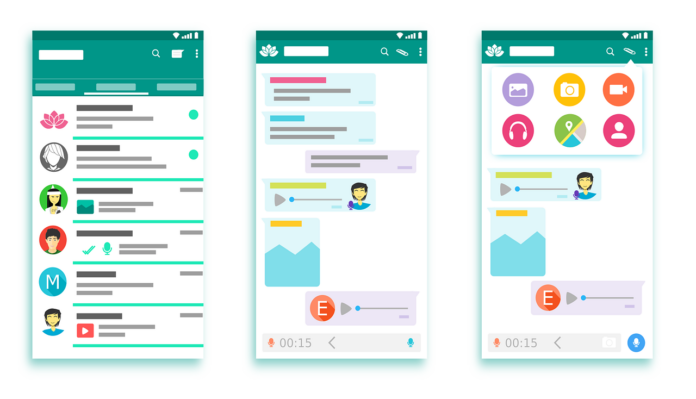Artificial intelligence (AI) has the potential to revolutionize the way companies communicate with their customers, and AI assistants and chatbots are at the forefront of this change. These technologies use natural language processing to understand and respond to customer inquiries, providing a convenient and efficient way for companies to support their customers.
One of the key benefits of AI assistants and chatbots is their ability to handle a high volume of inquiries and requests simultaneously. This can help reduce the burden on customer service teams and allow them to focus on more complex or urgent issues. In addition, AI assistants and chatbots can provide quick and accurate responses to customer inquiries, improving the overall customer experience and satisfaction.
Another benefit of AI assistants and chatbots is their ability to learn and adapt over time. As they gather more data and experience, they can improve their accuracy and efficiency, providing an even better customer experience. This can help companies stay ahead of customer needs and expectations, and can lead to increased customer satisfaction and loyalty.
AI assistants and chatbots are also highly scalable, making them a cost-effective solution for companies of all sizes. They can be easily integrated into existing systems and processes, and they require minimal maintenance and support.
Overall, AI assistants and chatbots have the potential to transform the way companies communicate with their customers, providing a convenient and efficient way to support them and improve the overall customer experience. As these technologies continue to evolve and improve, it is likely that they will play an increasingly important role in the future of customer service and support.
In addition to the benefits mentioned above, AI assistants and chatbots have the potential to improve the way companies gather and analyze customer feedback. By gathering data on customer inquiries and interactions with the chatbot, companies can gain valuable insights into customer needs, preferences, and pain points. This can help companies identify areas for improvement and make more informed decisions about product development, marketing, and customer service.
Another potential benefit of AI assistants and chatbots is their ability to improve accessibility for customers. For example, chatbots can be used to provide customer support in multiple languages, making it easier for companies to serve a global customer base. In addition, chatbots can be accessed via a variety of channels, such as messaging apps, social media platforms, and websites, providing customers with more flexibility and convenience.
Despite these benefits, it is important to note that AI assistants and chatbots are not a replacement for human customer service. While they can handle a high volume of inquiries and provide quick and accurate responses, they may not be able to fully understand or resolve more complex issues. As a result, it is important for companies to have a well-trained customer service team in place to handle more complex inquiries and to provide a high level of personalization and empathy.
Overall, AI assistants and chatbots have the potential to revolutionize the way companies communicate with their customers, providing a convenient and efficient way to support them and improve the overall customer experience. As these technologies continue to evolve and improve, it is likely that they will play an increasingly important role in the future of customer service and support.
It is important for companies to carefully consider their approach to implementing AI assistants and chatbots. While these technologies can provide many benefits, it is important to ensure that they are used in a way that is consistent with the company’s values and goals.
One key consideration is the way in which AI assistants and chatbots are designed and programmed. It is important to ensure that they are designed to be respectful, empathetic, and ethical, and to avoid any biases or stereotypes. In addition, it is important to be transparent with customers about the use of chatbots and to provide clear information about how they work and when they are being used.
Another consideration is the role of AI assistants and chatbots in the customer experience. While they can provide convenient and efficient support, it is important to ensure that they are not used to the exclusion of human interaction. Companies should consider how to balance the use of chatbots with more personalized and human forms of customer support, and should ensure that customers have the option to interact with a human representative if they prefer.
Finally, companies should consider the potential risks and challenges associated with AI assistants and chatbots, such as the potential for errors or misunderstandings, and should have a plan in place to address these issues if they arise.
Overall, the use of AI assistants and chatbots can provide many benefits to companies and customers, but it is important to approach them with care and consideration. By following best practices and being mindful of the potential risks and challenges, companies can effectively leverage these technologies to improve the customer experience and support.






